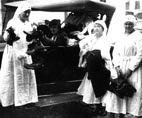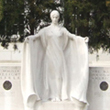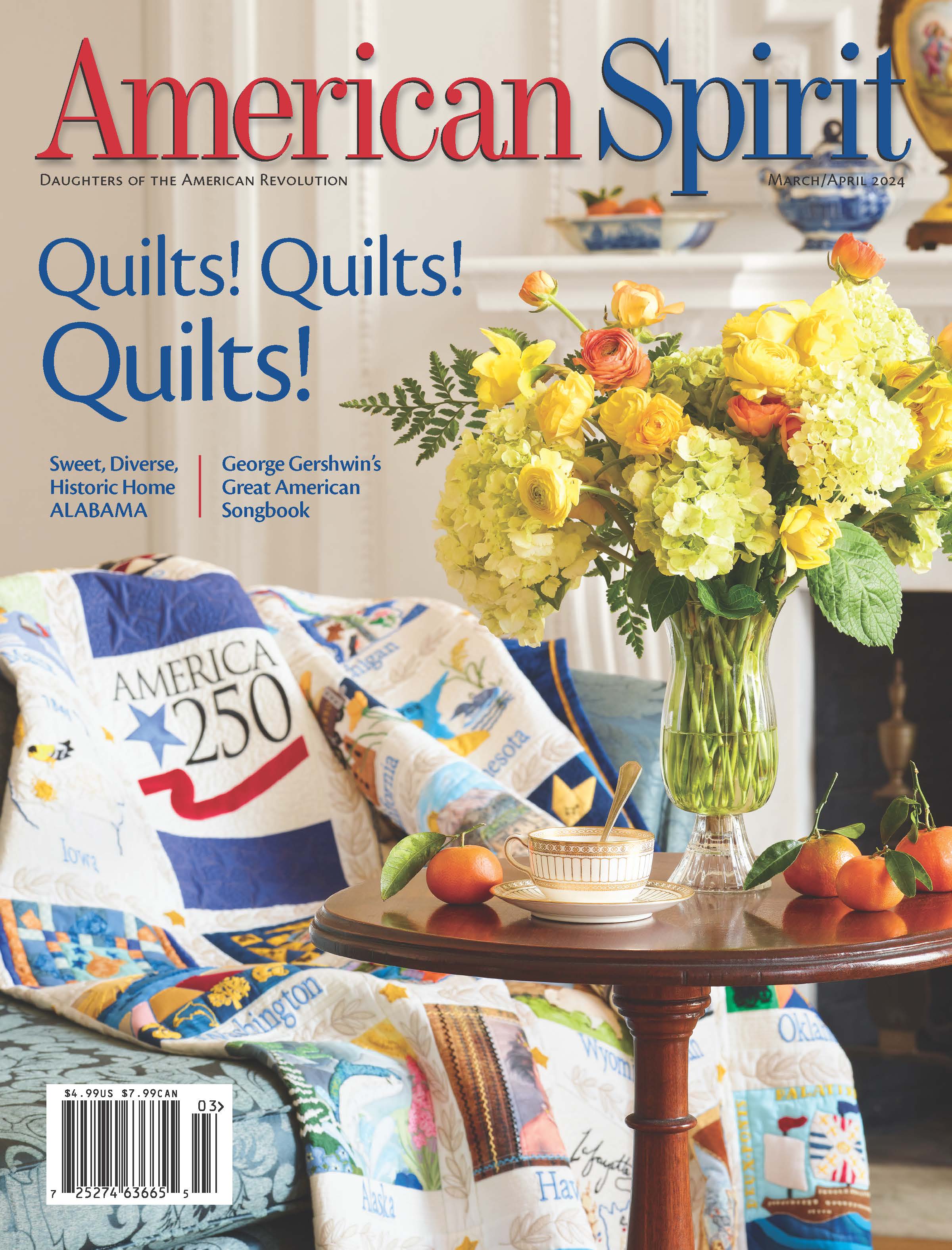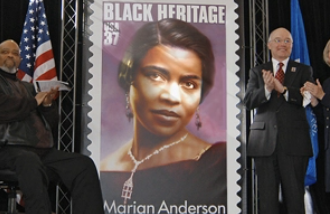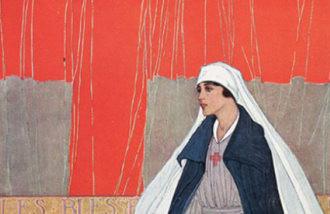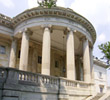Rhode Island Daughter helps America’s most iconic historic sites articulate their complicated pasts.
By Lena Anthony
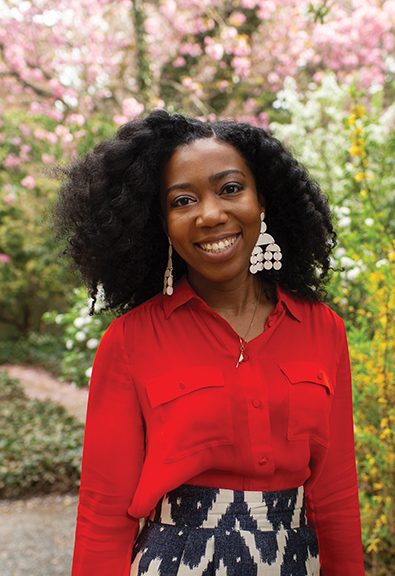
Historic sites haven’t always grappled with their connections to slavery. Believe it or not, it used to be common practice to simply omit the truth—or perhaps admit that slaves lived there but say nothing more. Now there are people like Elon Cook Lee, director of interpretation and education at the National Trust for Historic Preservation, who are helping historic sites lean into their complicated pasts to offer visitors a fuller, more complete version of their American story.
“The things that happened back then are still directly impacting our world now,” Mrs. Lee said. “Understanding the past, in its entirety, is the only true way to understand what’s going on right now so we can make better choices for the future.”
When Mrs. Lee started at the National Trust last fall, the propriety of holding weddings and other celebrations at former slave plantations was up for debate. And with more than a handful of properties that formerly housed slaves in its portfolio of 27 historic sites, the nonprofit had to respond.
Should event venues that were once former slave plantations be described as “charming” or “elegant,” when their history would suggest anything but? Is a former plantation even an appropriate place for a wedding? Mrs. Lee says a lot of that has to do with a historic site’s interpretation and educational programs.
“Do black people go to these sites and feel that their history is well represented, or do they feel embarrassed or humiliated by the way slave stories are told?” she said. “It’s the whole idea of ‘Do no harm’ that they have in the medical profession. That should also be the aim of historic sites.”
But it’s not just the educational materials that matter. The atmosphere, including other guests, can also make or break the visitor experience. As such, Mrs. Lee’s work also involves providing training for site staff on how to deal with various types of visitors and behaviors.
“If you’re in the middle of telling a very serious story and a visitor gets uncomfortable and they decide to tell a joke, how do you react in a way that is respectful to that visitor and doesn’t make them feel unnecessarily awful but also makes it clear that the joke was inappropriate? It’s not easy,” she said.
On a recent trip to Ghana’s slave castles, where many African slaves were imprisoned immediately prior to boarding overcrowded boats to the Western Hemisphere, Mrs. Lee experienced this firsthand. “It was an extremely emotional experience for me as the descendant of enslaved people,” she said. “And yet, there were others who were laughing and giggling, taking selfies or talking on their phone. It felt very disrespectful.”
While she can’t say for sure her ancestors came to America via Ghana’s Cape Coast, that’s not for lack of trying. A late-night Ancestry.com search was the start of her passion for genealogy
“I met a DAR member who suggested I look into joining,” Mrs. Lee said. “I signed up for Ancestry.com that night to see what I could find. I called my dad around midnight and told him I found his grandmother on the census. We stayed awake until 3 or 4 in the morning calling each other. We were both immediately hooked. He became my genealogy buddy for seven straight years.”
Eventually, Mrs. Lee joined the Increase Carpenter Chapter in Queens, N.Y., which included five black members at its founding in 2012. “When I read about the chapter, I knew I wanted to join,” she said. “I knew they would understand me and my experience and family history and make me feel welcomed.”
But living in Providence, R.I., made the commute to chapter meetings difficult. She transferred to the Narragansett-Cooke-Gaspee Chapter and found the group, while less diverse, just as welcoming.
“They’re so wonderful,” she said. “They’d ask me to present at chapter meetings or at the state conference, wanting me to tell the tough stories about our history and help walk them through how to understand them better.”


